Smartlogic’s semantic AI platform, Semaphore, is a godsend for the company’s many clients. Over 500 businesses – including the likes of KPMG, Amgen, and Merck – rely on Semaphore to reveal smart decisions, ultimately boosting enterprise initiatives such as improving customer experience and data analytics.
Smartlogic’s very existence is thanks to its founder and CEO, Jeremy Bentley, who has been at the company’s helm for 14 years since its foundation in 2006. We wanted to dig a little deeper and find out Jeremy’s secrets to launching a successful business, while learning more about what a day in the life as Smartlogic’s CEO looks like.
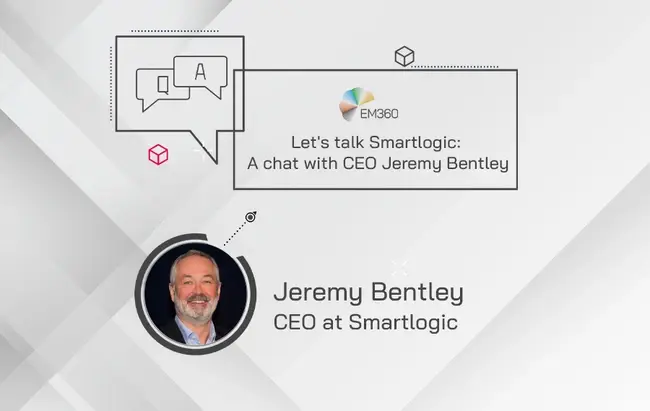
Thank you so much for joining us, Jeremy! Firstly, could you give us an introduction to your education and career history pre-Smartlogic?
I am a problem solver by training having studied mechanical engineering at Edinburgh University, which does not sound very computer’ish, but as this was the early 80’s mechanics and computing were coming together in many exciting ways. My interest was caught by robotics –physical machines being controlled through hardware interfaces, driven by software. It was an easy leap from that to being a programmer for a large British software house – which was my first job after graduation. Soon it became apparent to all that my university grade hacking did not transform well to disciplined and efficient code. However even then I noticed that the sales teams would always ask me to support them in their pursuits and I really enjoyed that.
Pretty soon I moved over to the commercial side of enterprise software and was lucky enough to get to work around the world for years at a time (Singapore, South Africa, USA and the UK) gaining business and management experience with each move.
What I inherited from my parents – an ability to think and communicate – became (after the requisite 10,000 hours it takes to master anything) a talent of being able to explain in a simple way what new software technology can do for business.
My vision side comes from engineering. In other words, seeing a problem, designing the solution and your head hard many times to properly solve it. It is these two skills that have kept food on the table and a roof over our heads and which I am eternally grateful.
Launching your own company is a huge (and often nerve-wracking) endeavour! What made you decide to start a business of your own, and what advice would you give to someone looking to do the same?
I’m not sure that if anyone actually told you ahead of time what it actually takes to start something up and make it into a commercial success whilst legacy competitors try to kill you, and the slings and arrows of outrageous economic fortune happen to the world - that many would take on the challenge. In our case it took three ingredients that we could control and one that we couldn’t. The right people; choosing the right problem and a basic stubbornness not to give up were the 3. What we couldn’t control, but which made all the difference was the timing. Timing for the right confluence of new technologies, business requirements and available skills.
Smartlogic has grown to become a recognised leader in semantic AI and metadata management. What would you say you did right to get the company there?
I chose good business partners, and we complement each other's skills. Firstly my co-founder Matthieu Jonglez, our CTO, without whom Semaphore would simply have never worked – as It takes both a marketing visionary (me) and a technical magician to build the right product that works under the scrutiny of enterprise scale and their architectural rigour. A COO, Noelle McMullen who everyday makes stuff simpler and more scaleable, and Rupert Bentley our CFO, who keeps us financially prudent and keeps the lights on 7 x 24 x 365. Alongside the remarkable team we have built – without whom we are nothing.
After 14 years as Smartlogic’s CEO, are you ever confronted with new challenges or would you say you’ve seen it all?
The only thing I have experienced as ‘seen it all’ is change – the full force of evolutionary change and the implication of survival of the fittest. Everyday we see new competitors starting up with new ideas, or existing firms encroaching on our space and so we remain agile, thoughtful and innovative – at the front of our mind is always ‘ how does any business value this improvement, how do we get better, how do we better serve our customers.
What does a typical weekday look like for you, and how do you spend your free time?
No week is the same. Which is probably the theme that remains constant. Clients need certain outcomes; team members need clarity and purpose; partners need assistance; investors need answers; suppliers need requirements and the world needs explanation. How these are given is as varied as language and meaning itself – the reason semantic software exists.
You ask what I do with my spare time – Well in total contradiction to high tech business, my wife and I farm and make organic olive oil After a working week at the technological coalface we change pace by caring for olive trees that have witnessed hundreds of year of history and their tranquil view of the world is our peaceful place.
Liked this Q&A? Subscribe to our YouTube Channel and follow us on Twitter and LinkedIn for the latest news, interviews and educational content in enterprise technology.



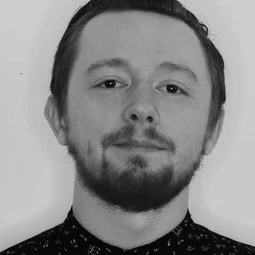
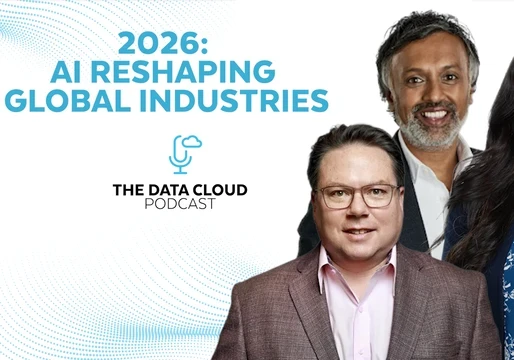
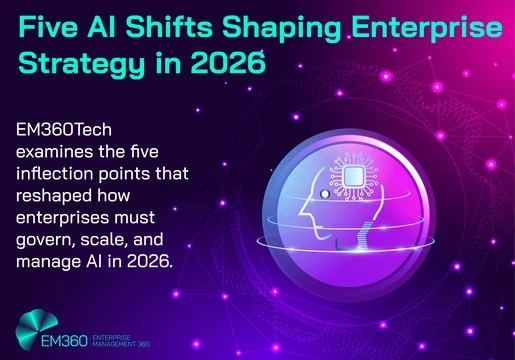
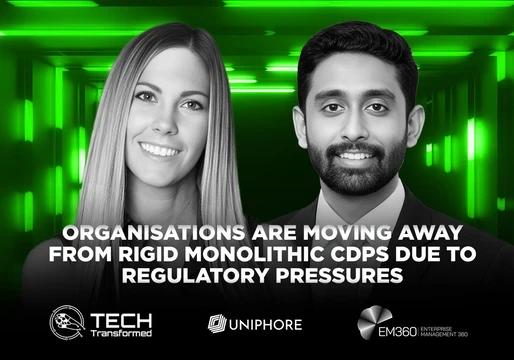
Comments ( 0 )